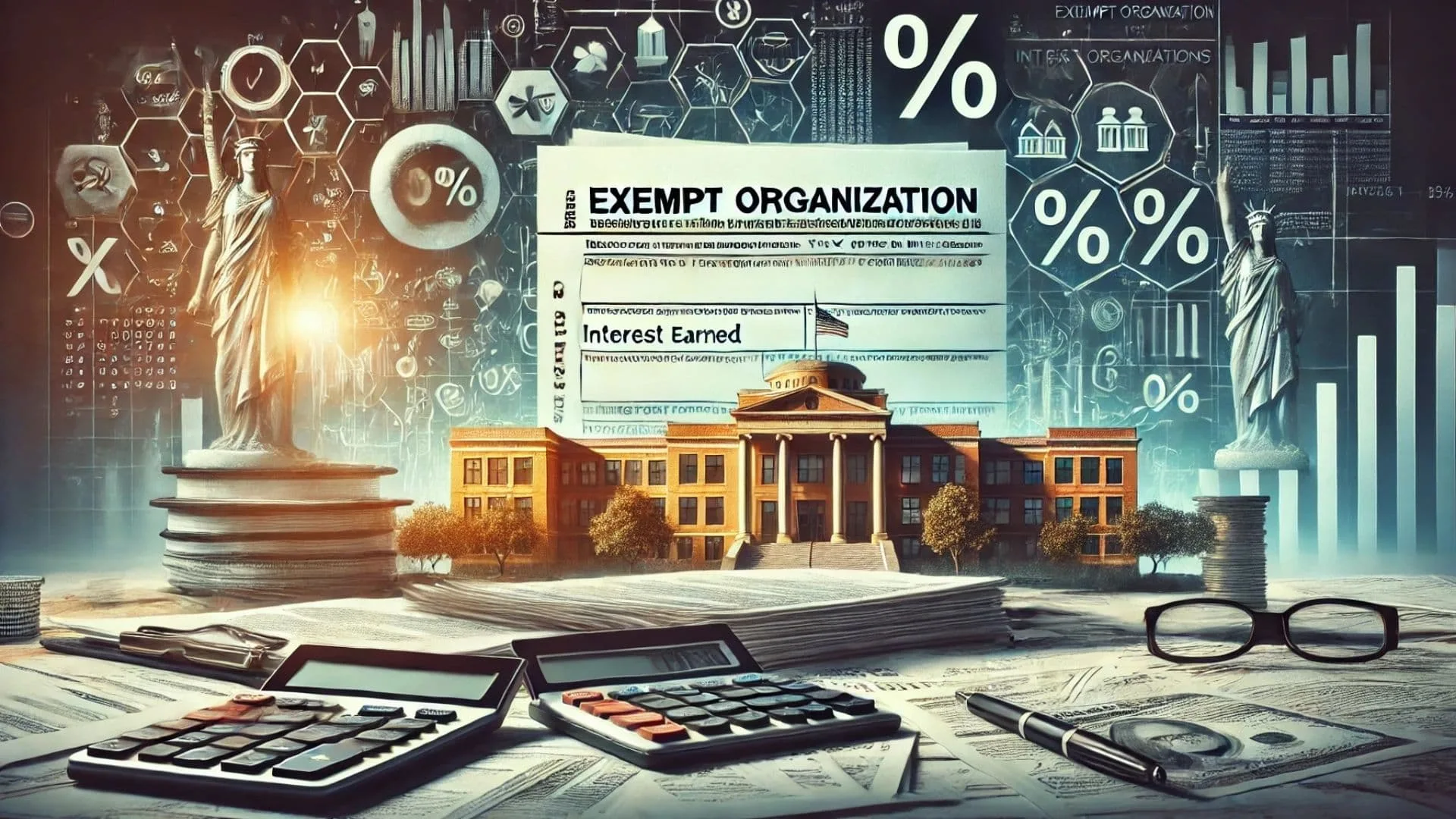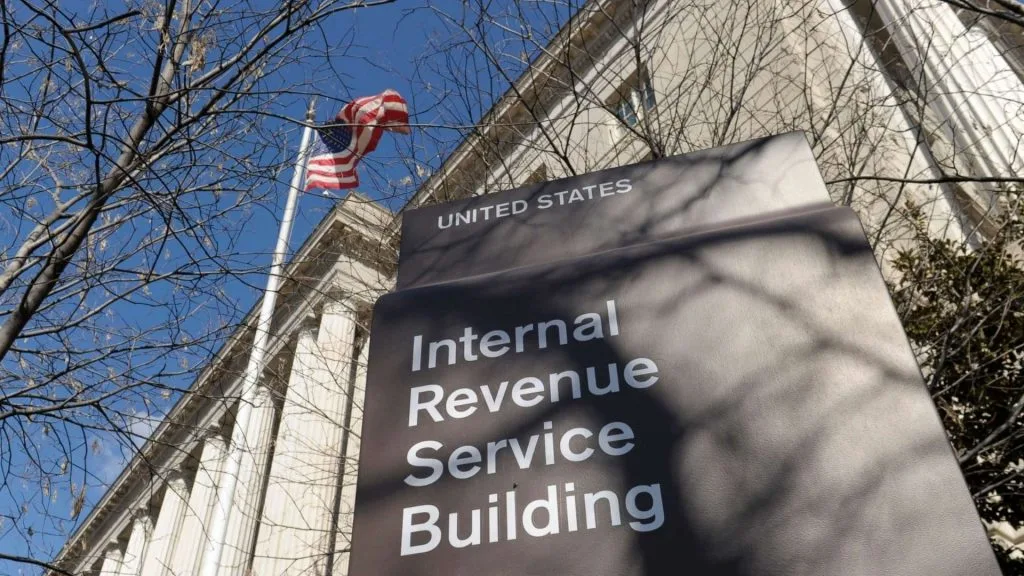
Do exempt organizations pay tax on interest earned? This is a common question among nonprofits and their stakeholders. While most nonprofits are exempt from paying taxes on their core activities, there are certain instances where they may be liable for taxes, especially on unrelated business income (UBI). However, interest income is usually excluded from UBI and is generally not subject to unrelated business income tax (UBIT). This exclusion applies unless the interest income originates from debt-financed investments or controlled for-profit subsidiaries. This article explores the circumstances in which exempt organizations may need to pay taxes on interest earned and the implications for their financial management.
Understanding Unrelated Business Taxable Income (UBTI)
Nonprofit organizations are generally exempt from taxes on income directly related to their mission. However, when these organizations engage in activities generating income unrelated to their primary purpose, this income is classified as UBTI. According to IRS guidelines, UBTI arises from a trade or business activity that is:
- Regularly carried on
- Not substantially related to the organization’s exempt purpose
Taxation of Interest Income
Interest income is typically excluded from UBTI and is not subject to UBIT. This exclusion applies unless specific conditions make the interest taxable. The sources provide two exceptions where nonprofits pay tax on investment income:
- Debt-Financed Investments: If a nonprofit borrows funds to acquire an asset generating interest income, this may result in taxable UBTI. The IRS considers the income portion attributable to the debt as UBTI. Income-producing property is considered debt-financed if it has an outstanding “acquisition indebtedness” at any time during the tax year. Acquisition indebtedness is the unpaid debt amount on a nonprofit’s debt-financed property. However, certain properties, like those where 85% of use is substantially related to the nonprofit’s purpose, are not considered debt-financed.
- Controlled Subsidiaries: Interest received from a controlled for-profit subsidiary is included in the parent organization’s UBTI to the extent that it reduces the subsidiary’s net taxable income or UBTI. A nonprofit organization is considered controlled if another organization owns more than half of the nonprofit’s “beneficial interest”. Beneficial interest is defined as stock in a for-profit or voting board positions in a nonprofit.
Implications of Paying UBIT on Investment Income
Failing to pay UBIT on debt-financed property or income from controlled organizations could lead to serious consequences, including taxes, penalties, interest, and the loss of tax-exempt status.

Maintaining Compliance
Nonprofits must carefully manage their financial activities to ensure compliance with tax regulations. Some strategies include:
- Monitor Debt Financing: Avoid excessive debt-financed investments, which could lead to significant UBTI.
- Evaluate Subsidiary Relationships: Ensure that financial transactions with controlled subsidiaries do not inadvertently create taxable UBTI.
- Regular Review of Activities: Periodically review all revenue-generating activities to determine their tax implications.
State Taxation of UBTI
It is important to note that while this article focuses on federal taxation, states may have different rules for taxing UBTI for exempt organizations. Some states, like Kentucky, New Jersey, and Texas, do not impose tax on exempt organizations even if they have UBTI. However, most states impose a tax on UBTI, though they may differ in calculating its base and apportionment rules.
FAQs
Do nonprofits pay taxes on interest income?
Typically, interest income is not taxable for nonprofits.
When does interest income become taxable for nonprofits?
Interest income is taxable if it comes from debt-financed investments or controlled for-profit subsidiaries.
What are the consequences of not paying UBIT on taxable interest income?
Nonprofits can face penalties, interest charges, and even lose their tax-exempt status.
Do state tax laws regarding UBTI differ from federal laws?
Yes, state laws on taxing UBTI for exempt organizations vary.
Where can I find more information on nonprofit taxation?
The IRS Publication 598 provides detailed information on UBTI. You can also consult a tax advisor specializing in nonprofit taxation.